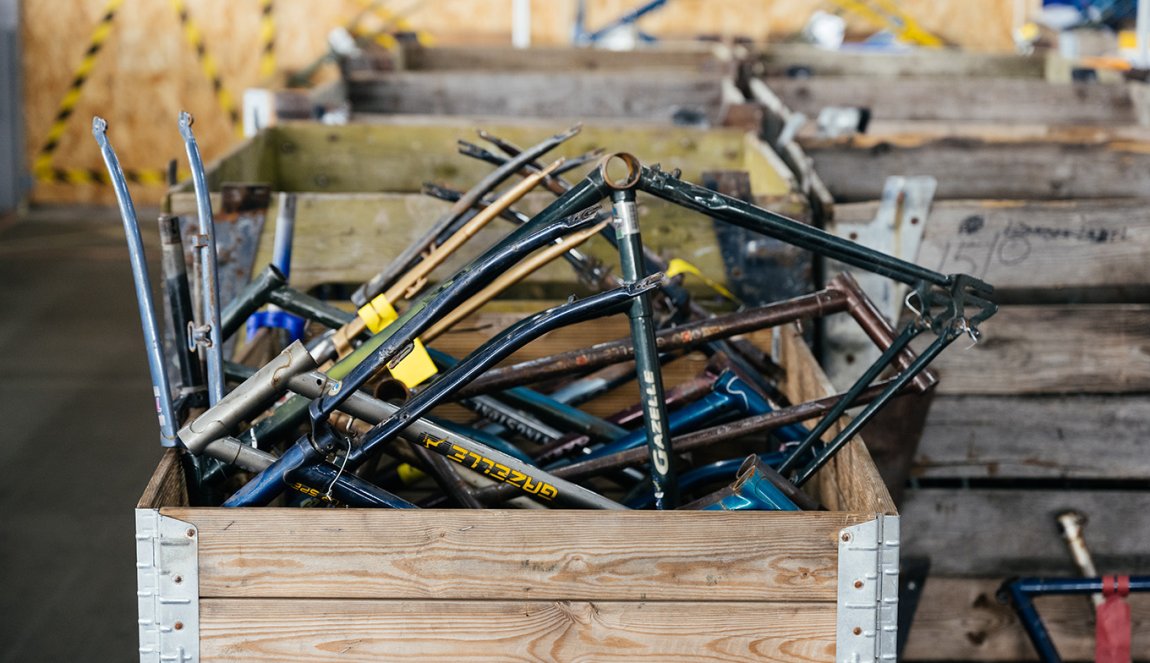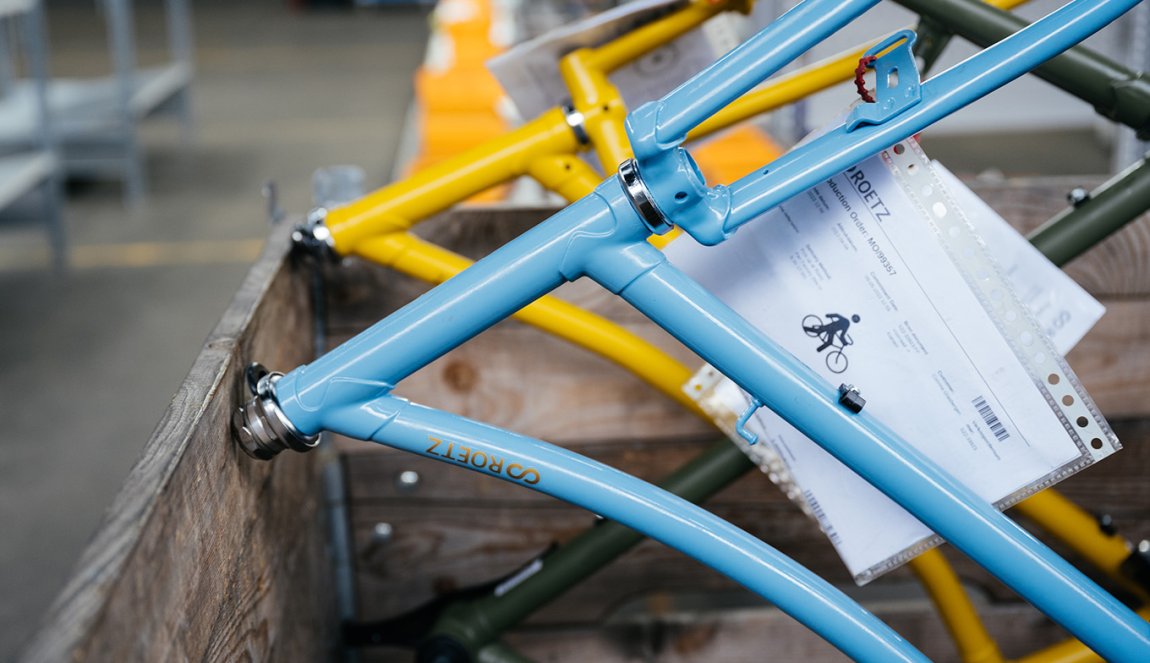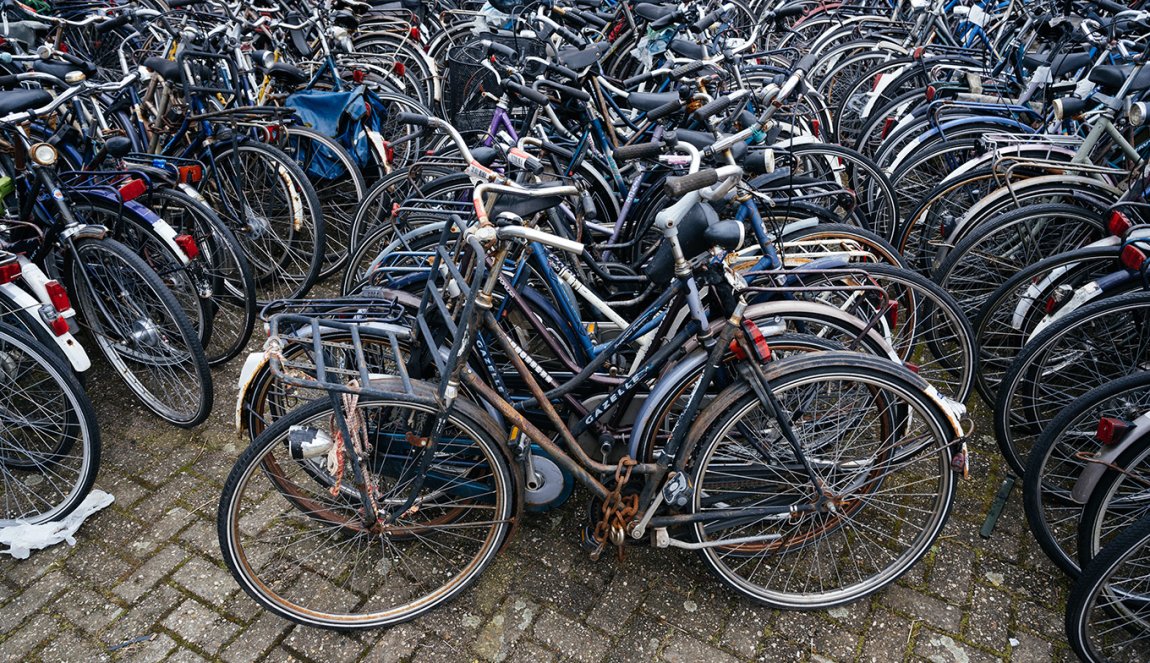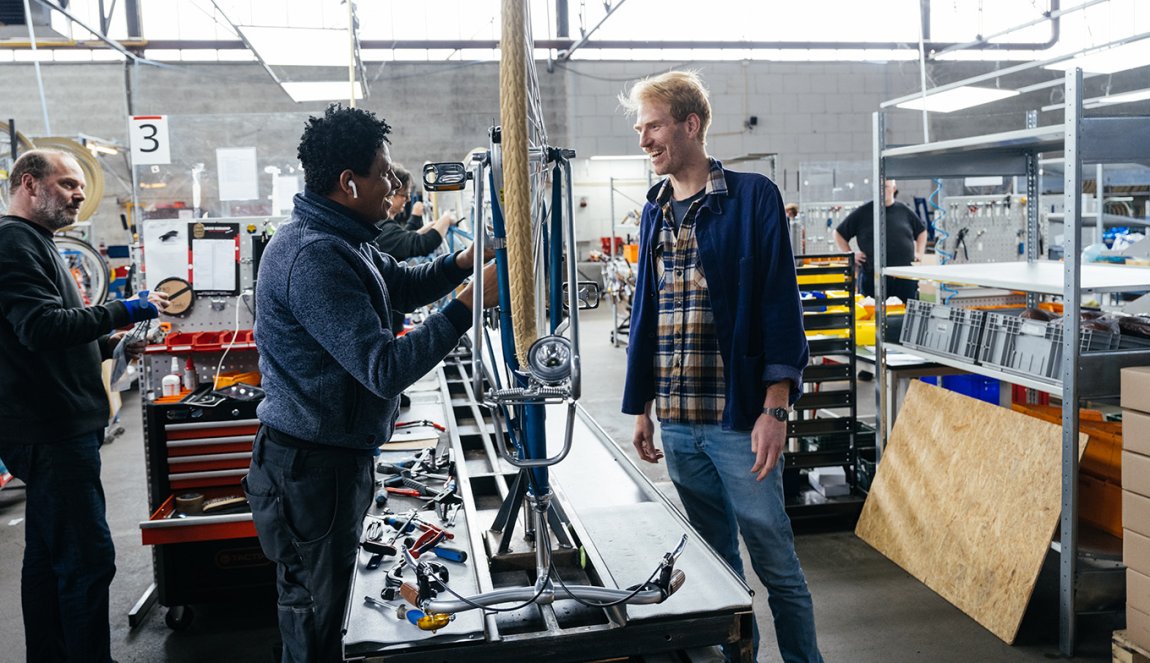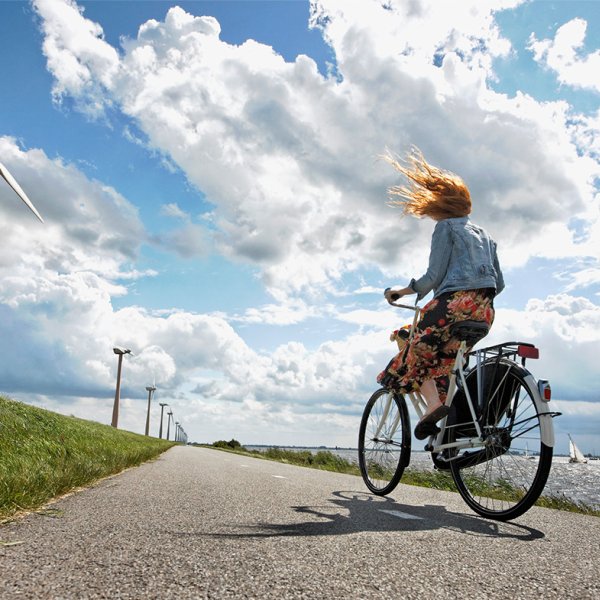
Second-chance bicycles by Roetz
Many of the products we use end up in the trash. At Roetz-Bikes we make new bicycles from old bicycle frames. Made locally by people with hidden talents. We believe in second chances for people and materials and want to prove that things can be done differently.
Bring yourself, Laurens will do the same
Laurens Nolet is 37. He is general manager at Roetz Bikes in Amsterdam.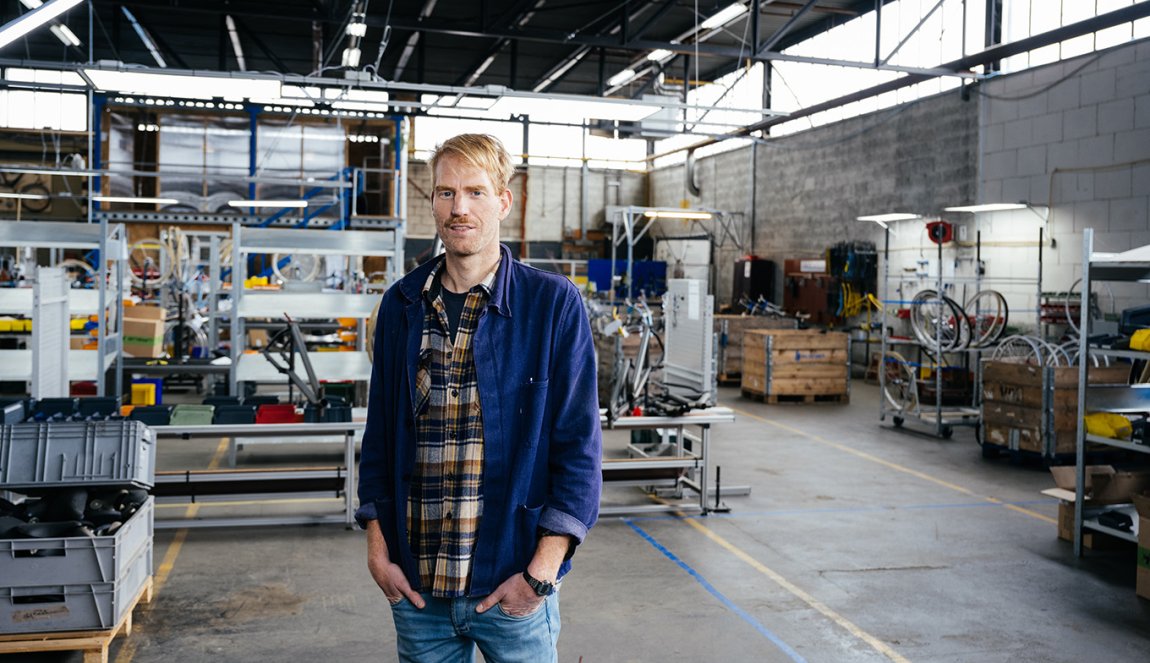
Laurens Nolet
I get a real buzz from knowing that I contribute every day to reducing the use of raw materials. It makes me happy to produce something quite valuable with supposedly worthless material. It’s also quite satisfying when someone without any experience in bicycle mechanics moves on to a full-fledged job at Urban Arrow after our training program. We always see possibilities instead of limitations.
Hidden talents
Where bicycles are no longer a disposable product but can go through several life cycles.
Orphaned bicycles
Open space
We have a big mission and we can't do it alone. We don't have all the answers either. Full circularity is very difficult to achieve and we don’t have solutions for everything yet. That’s why we also want to be an open space and inspire others. To achieve that circular and social future we all want and to improve a little more every day.
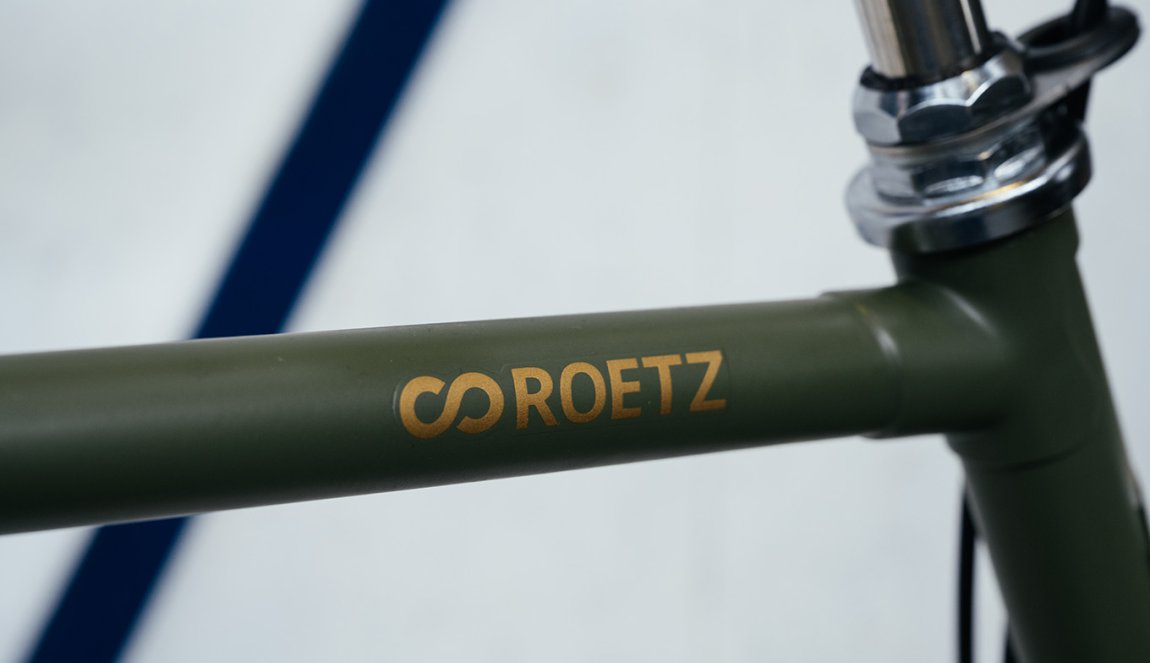
© NBTC / Bring yourself
